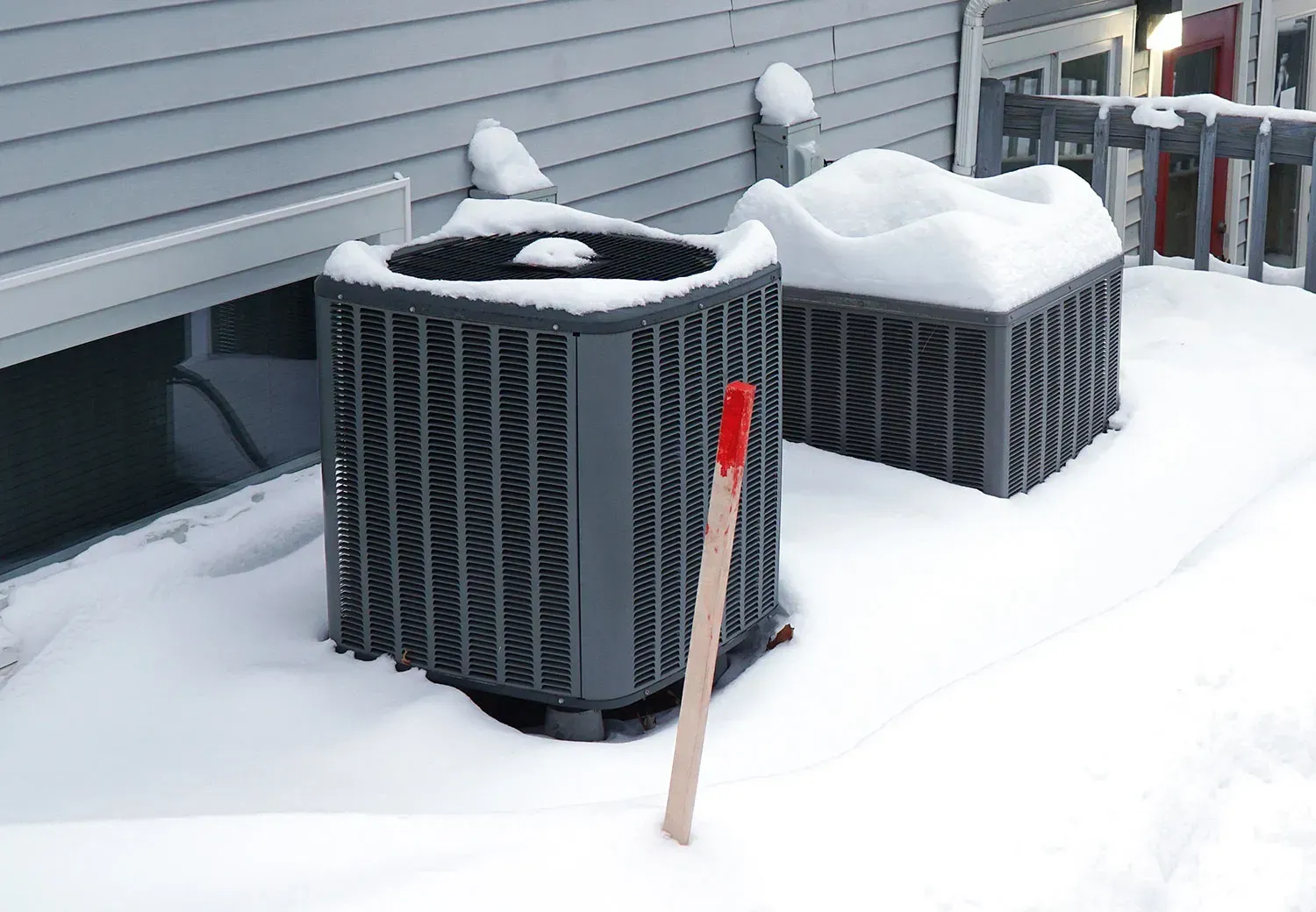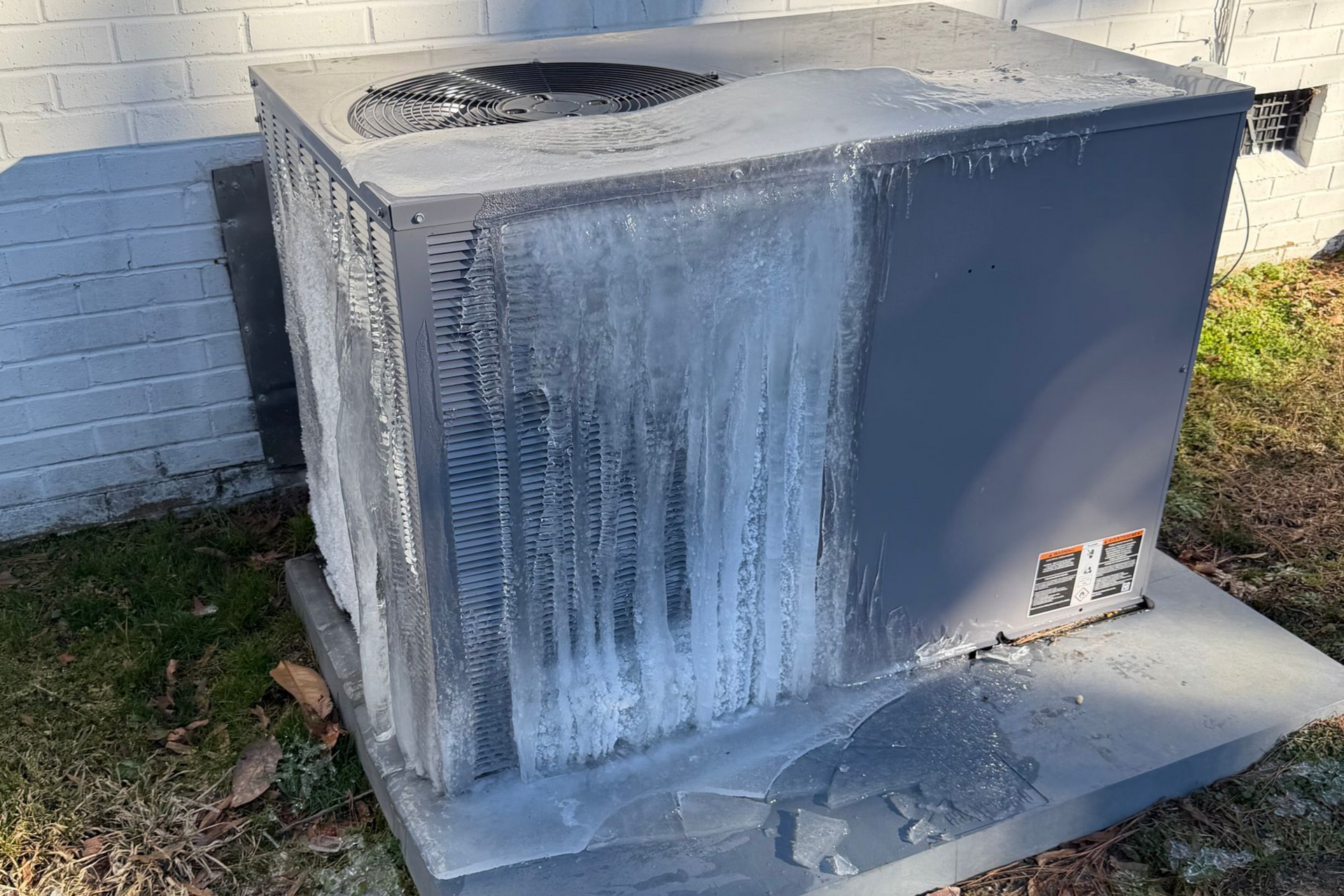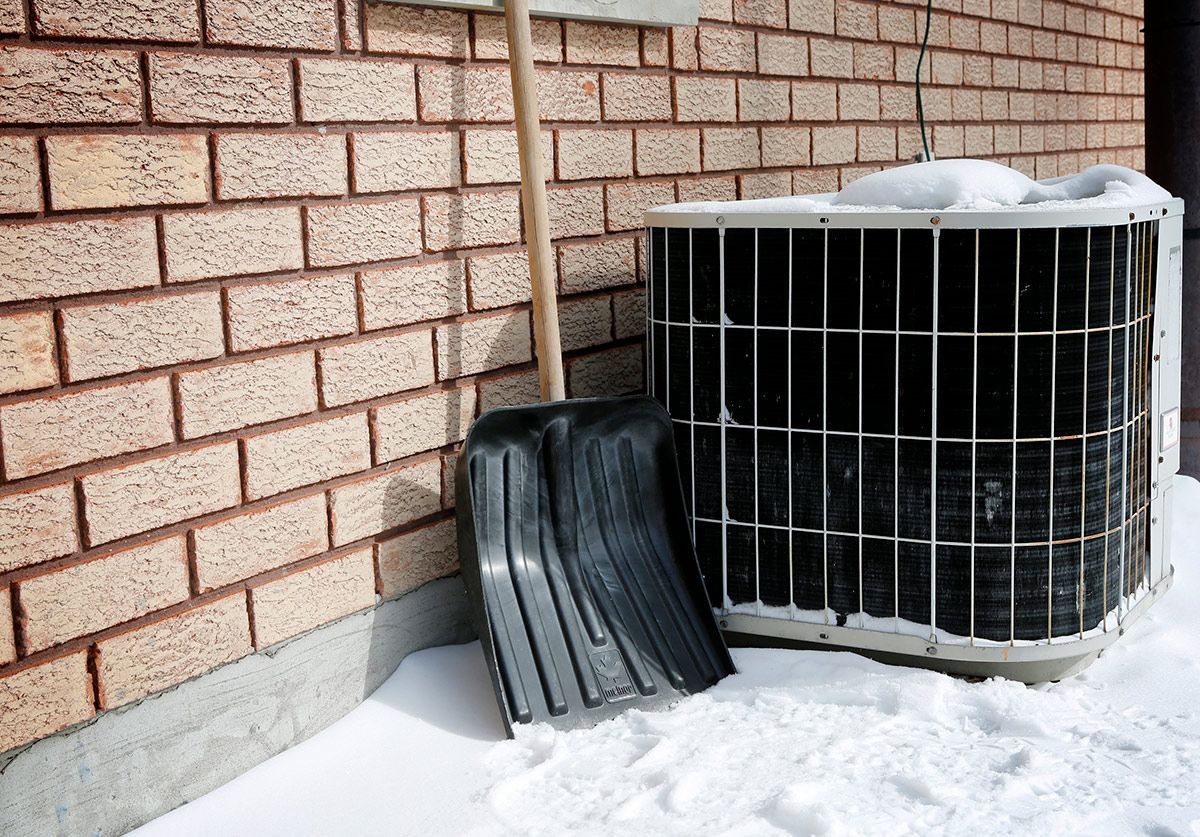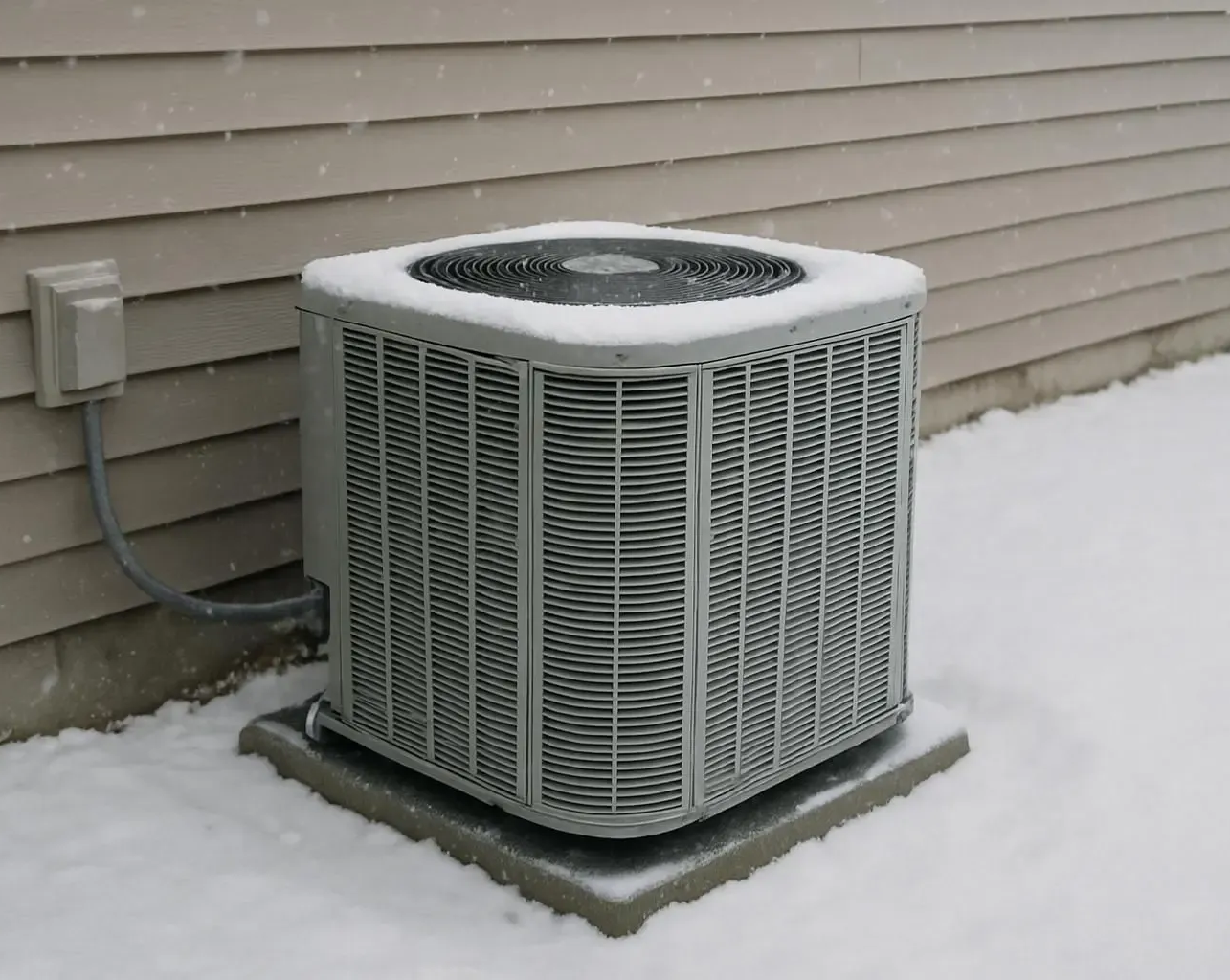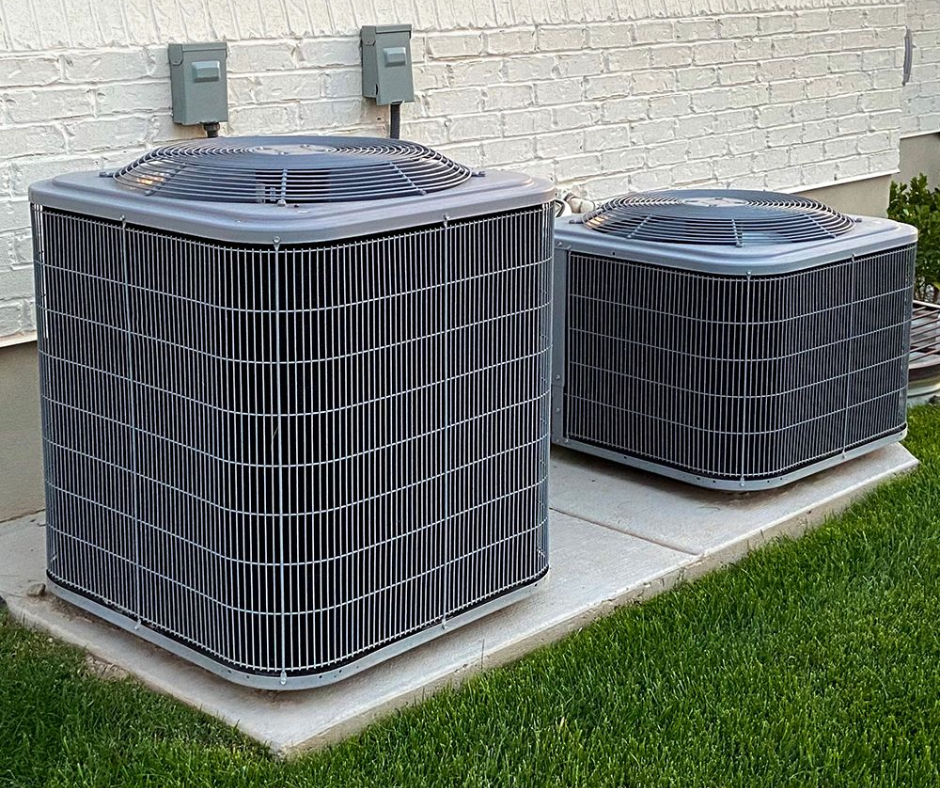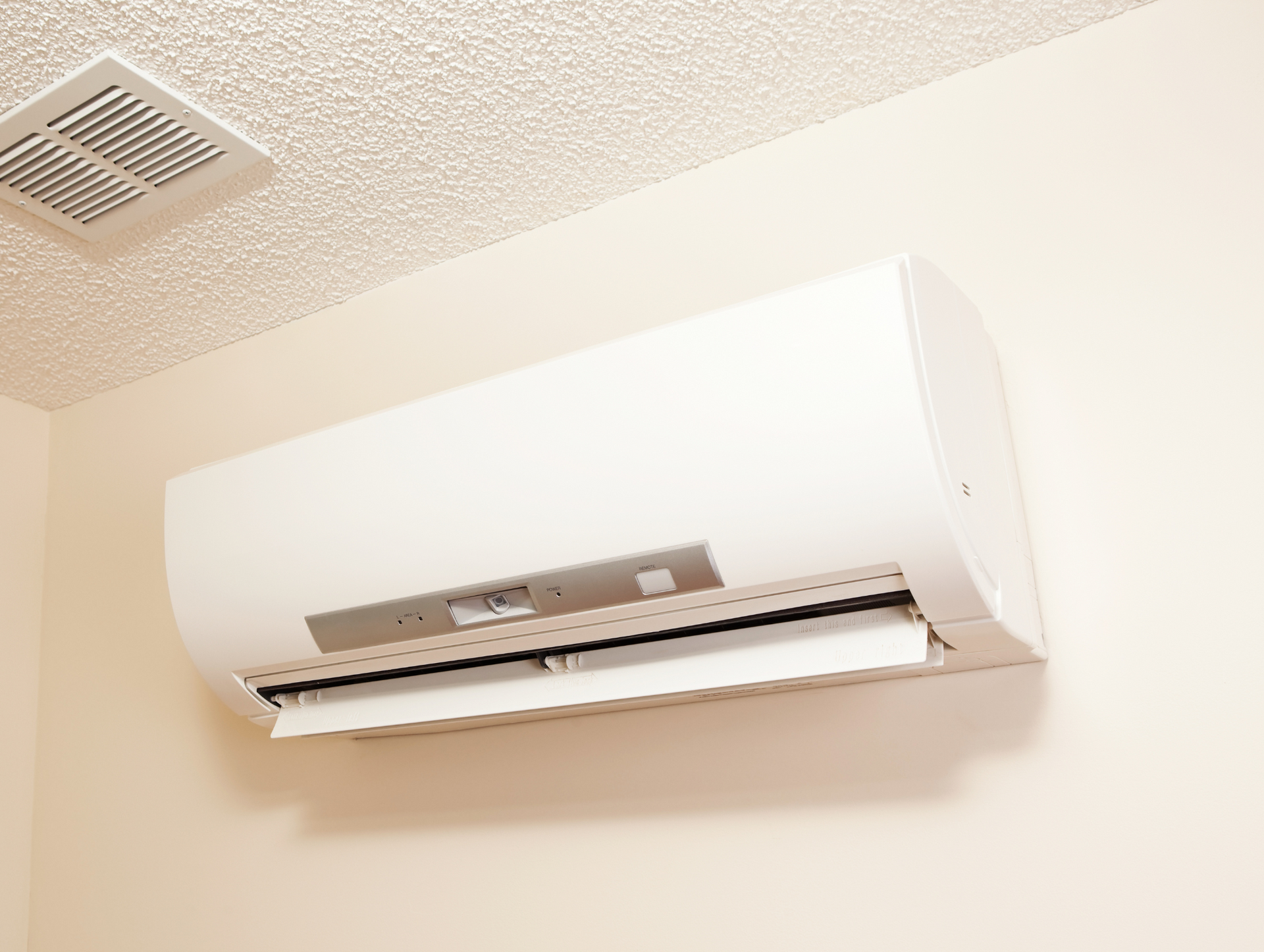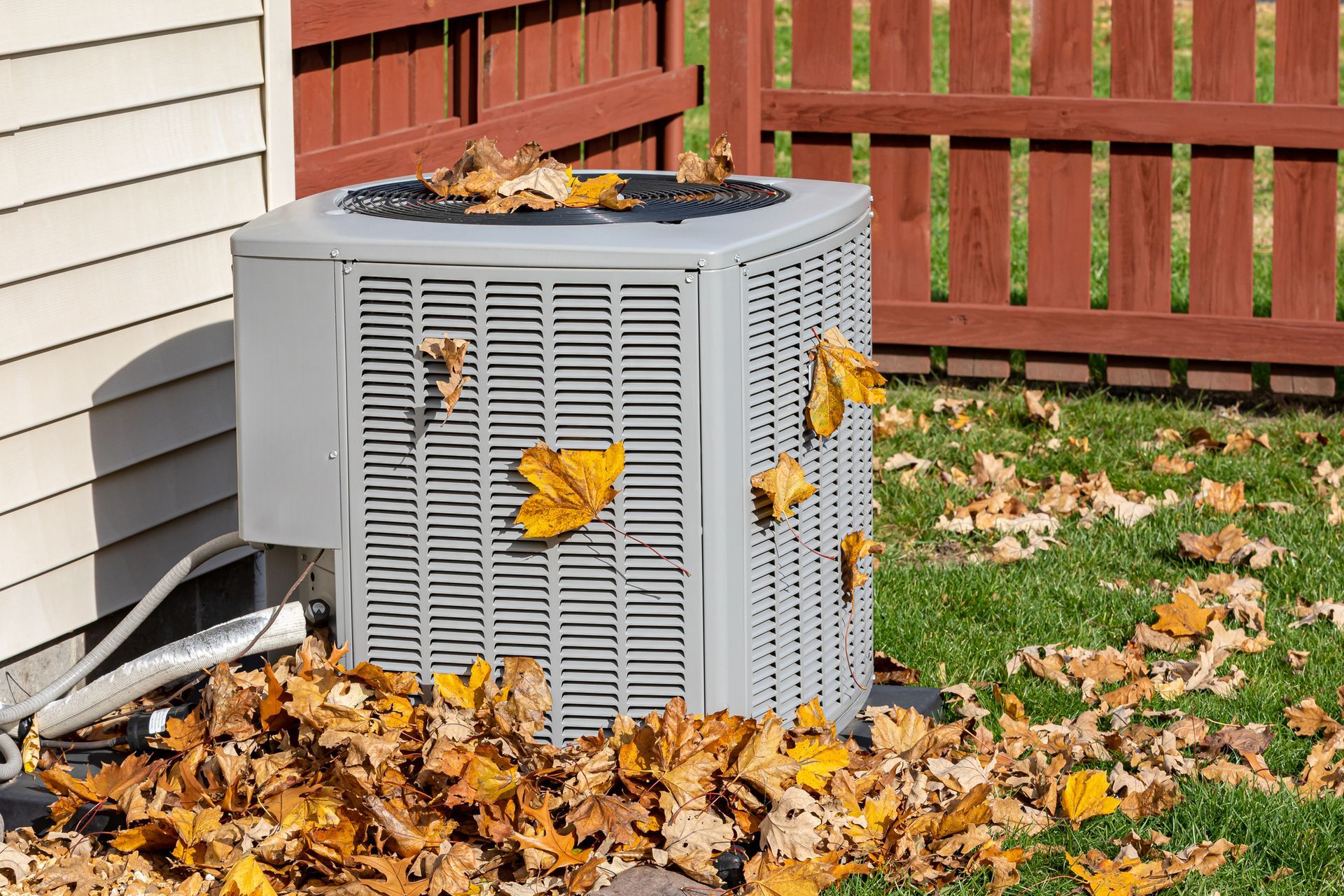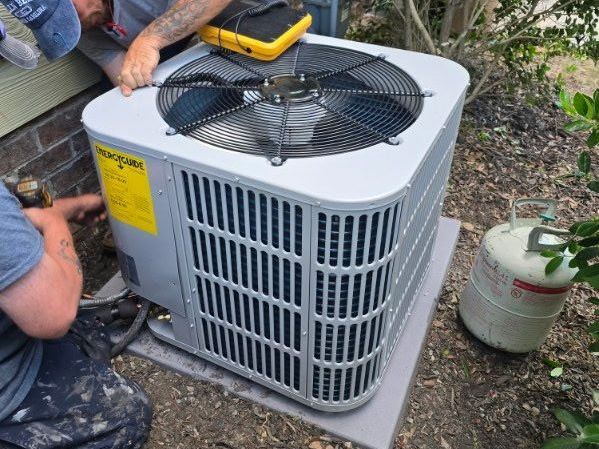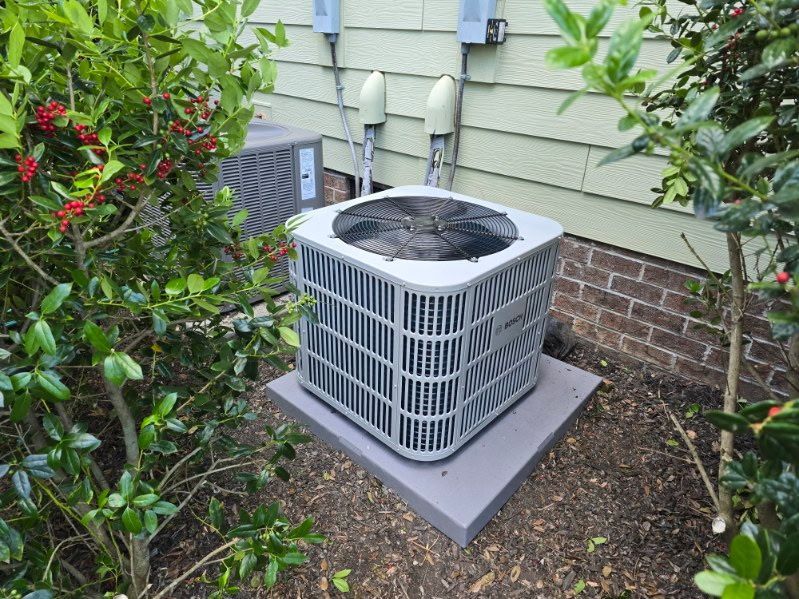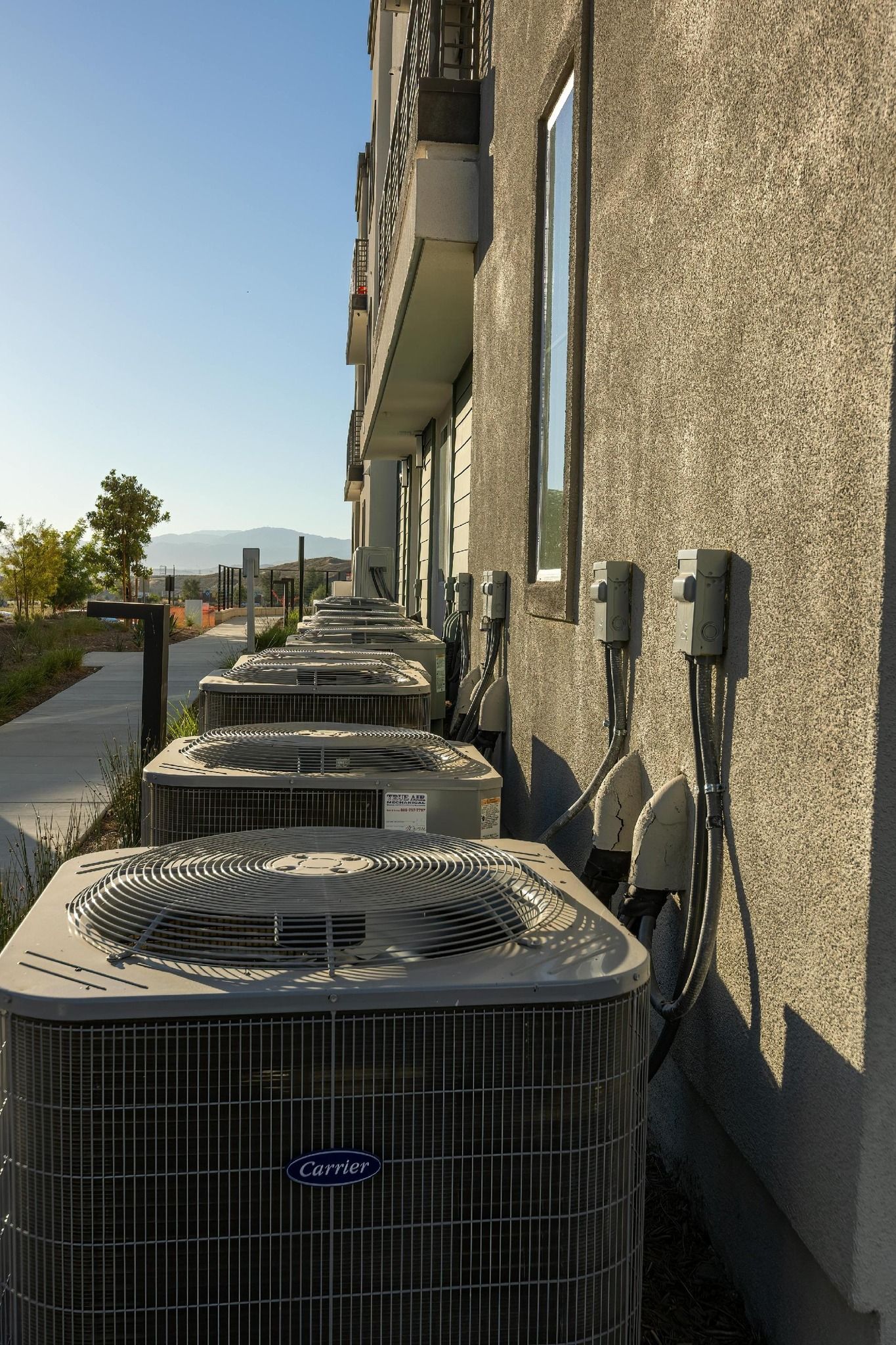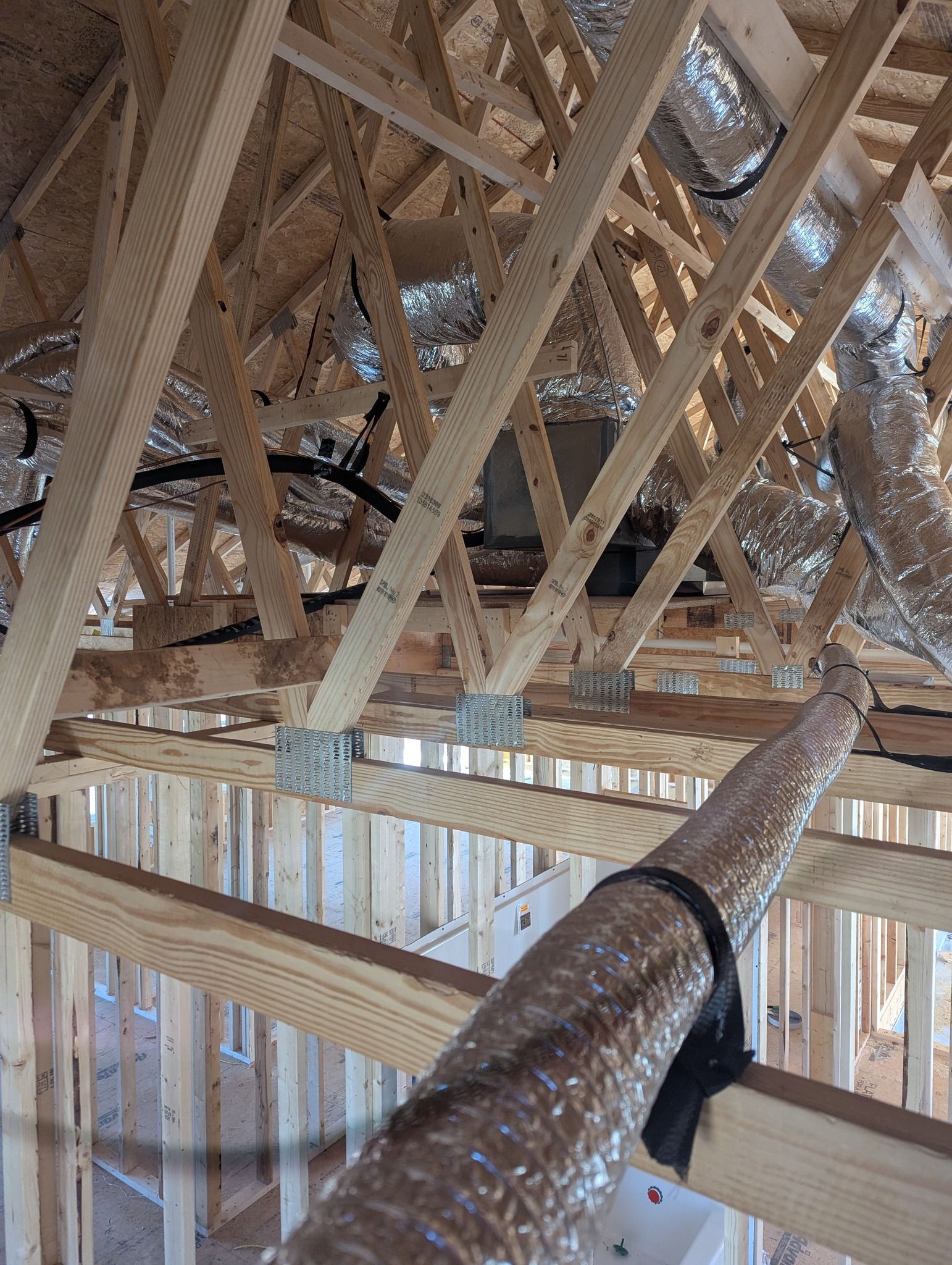When a Mini-Split System Is the Best Choice for Your North Carolina Home
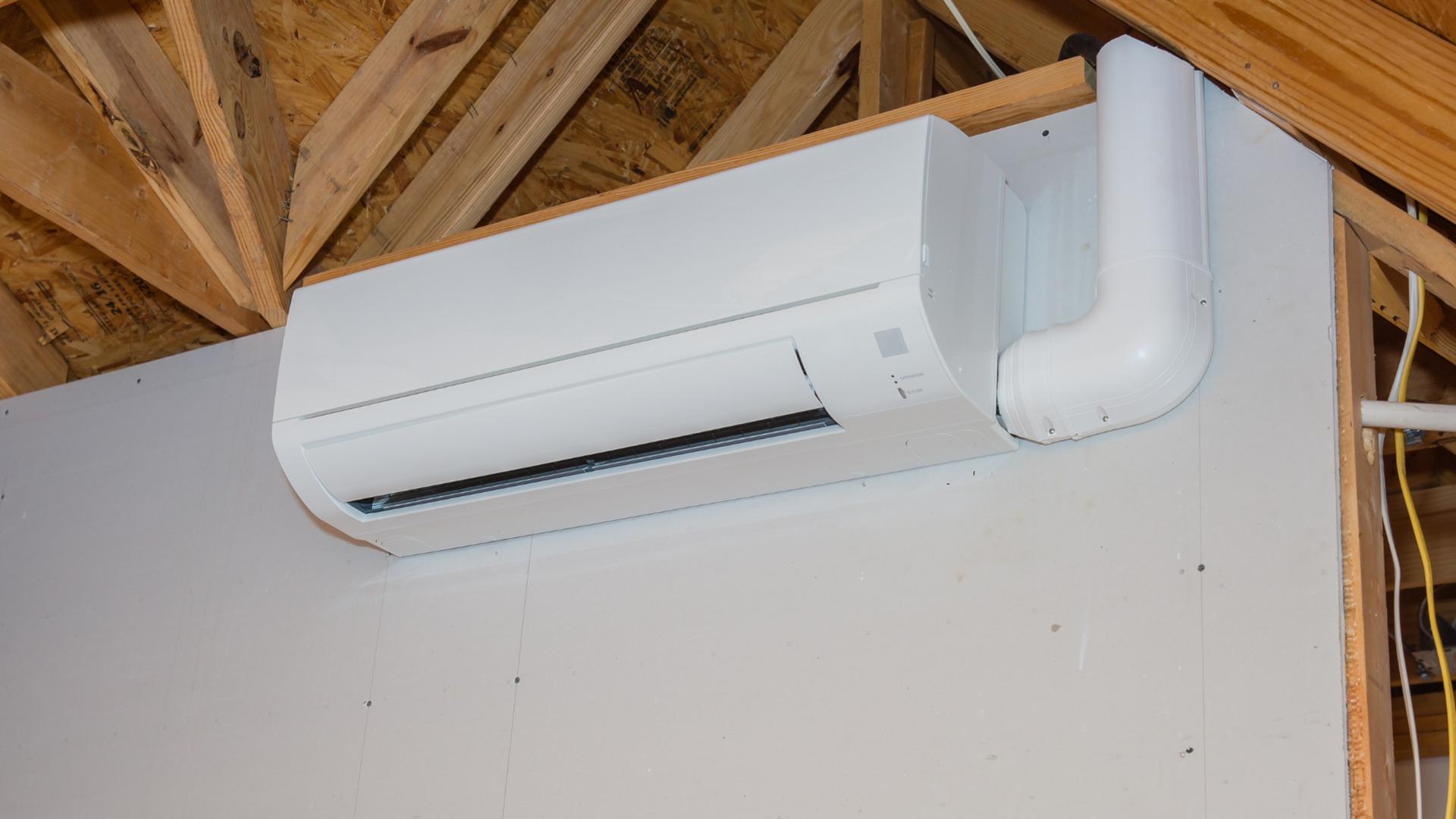
Homeowners across the Triangle area—Clayton, Raleigh, and surrounding communities—are discovering the comfort and flexibility of mini-split (ductless) HVAC systems. These systems are an excellent option for certain spaces and situations where traditional central heating and cooling may not be the best fit.
At Parker and Company Heating and Air, we often recommend mini-splits for their energy efficiency, versatility, and ease of installation. Here’s a closer look at when a mini-split might be the right choice for your North Carolina home.
What Is a Mini-Split System?
A mini-split (or ductless HVAC system) delivers heating and cooling without the need for ductwork. It consists of an outdoor compressor unit and one or more indoor air-handling units mounted on the wall or ceiling. Each indoor unit controls the temperature of a single room or zone, offering personalized comfort and energy savings.
When a Mini-Split Is the Best Choice
1. Room Additions and Renovations
If you’ve recently added a bonus room, garage conversion, sunroom, or home office, extending your existing ductwork can be costly and inefficient. A mini-split system provides independent heating and cooling—keeping that new space comfortable year-round.
2. Homes Without Ductwork
Older homes in North Carolina, especially historic properties, may not have existing duct systems. Mini-splits are ideal in these cases because they eliminate the need for major renovations or attic duct installation.
3. Hot and Cold Spots
If some rooms in your home are always too warm or too cold compared to others, a ductless system can balance temperatures and reduce strain on your central HVAC system.
4. Detached Spaces
Mini-splits are also perfect for workshops, guest houses, or detached garages where extending your main system isn’t practical.
Pros and Cons of Mini-Split Systems
Pros:
- Energy Efficient: No duct losses mean less wasted energy—often translating to lower utility bills.
- Zoned Comfort: Each room can be controlled independently.
- Easy Installation: Typically requires only a small wall opening for the refrigerant line.
- Quiet Operation: Mini-splits run much quieter than window units or traditional systems.
- Improved Indoor Air Quality: No ducts mean fewer dust and allergen build-ups.
Cons:
Initial Cost: Installation can be higher per unit compared to a central system, though energy savings often offset this over time.
Aesthetic Considerations: The indoor units are visible on walls, which some homeowners find less appealing.
Regular Maintenance: Filters must be cleaned regularly to maintain performance.
Cost Comparison: Mini-Split vs. Central HVAC
While central HVAC systems are typically more cost-effective for whole-home conditioning, mini-splits shine when you need targeted comfort. Installation costs vary depending on the number of zones, but overall operating costs tend to be lower due to increased efficiency and zoned control.
A mini-split might be a better long-term investment if:
- You only need to heat or cool specific areas.
- Your home has limited or no ductwork.
- You want greater control over energy use in each room.
Installation Considerations
Choosing the right system size and placement is key to performance and efficiency. Professional installation ensures:
- Correct sizing for each zone.
- Proper refrigerant line setup.
- Secure wall or ceiling mounting.
- Optimal airflow and comfort.
At Parker and Company Heating and Air, our experienced technicians are trained to install and service all major ductless brands. We’ll assess your space and recommend the best configuration for your needs and budget.
Is a Mini-Split Right for Your Home?
If you’re considering a ductless HVAC system in the Triangle area, our team at Parker and Company Heating and Air can help you weigh the options and determine whether it’s the best fit for your home.
Contact us today to schedule a free consultation or learn more about mini-split installation in Clayton, Raleigh, and surrounding communities.
